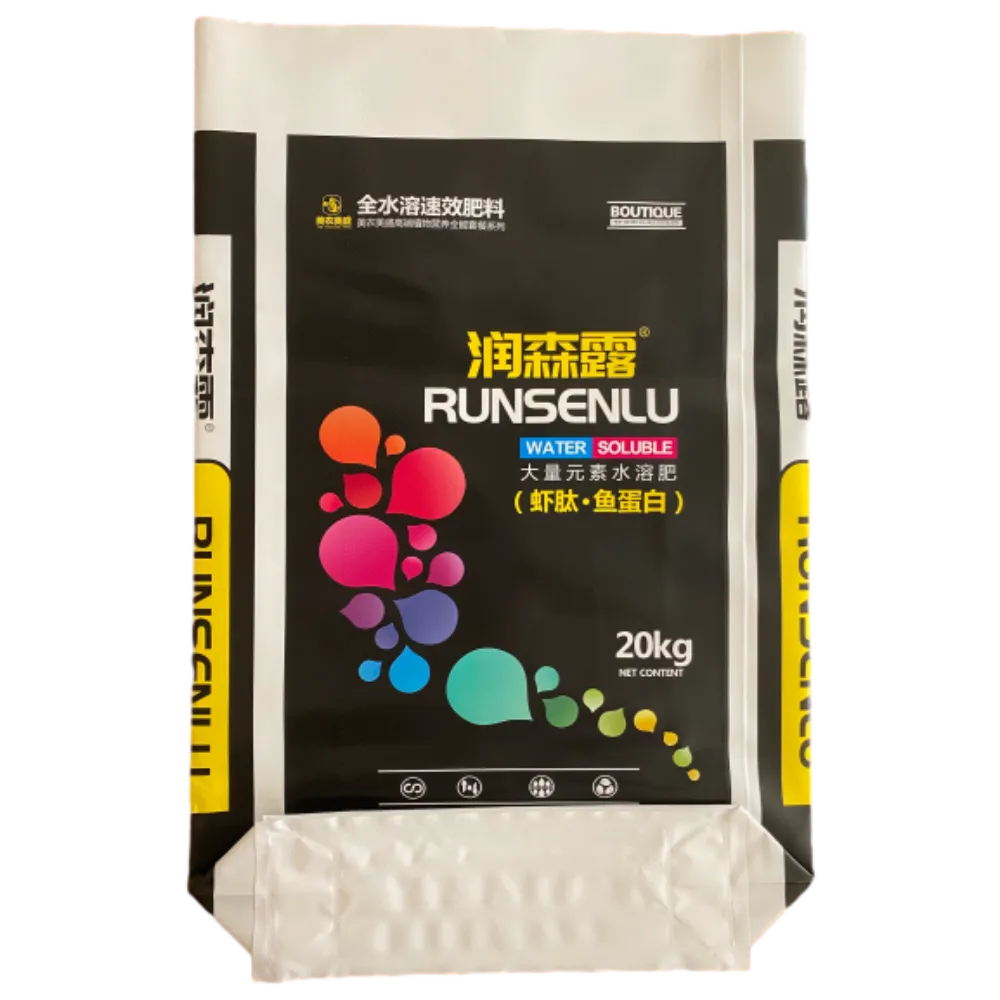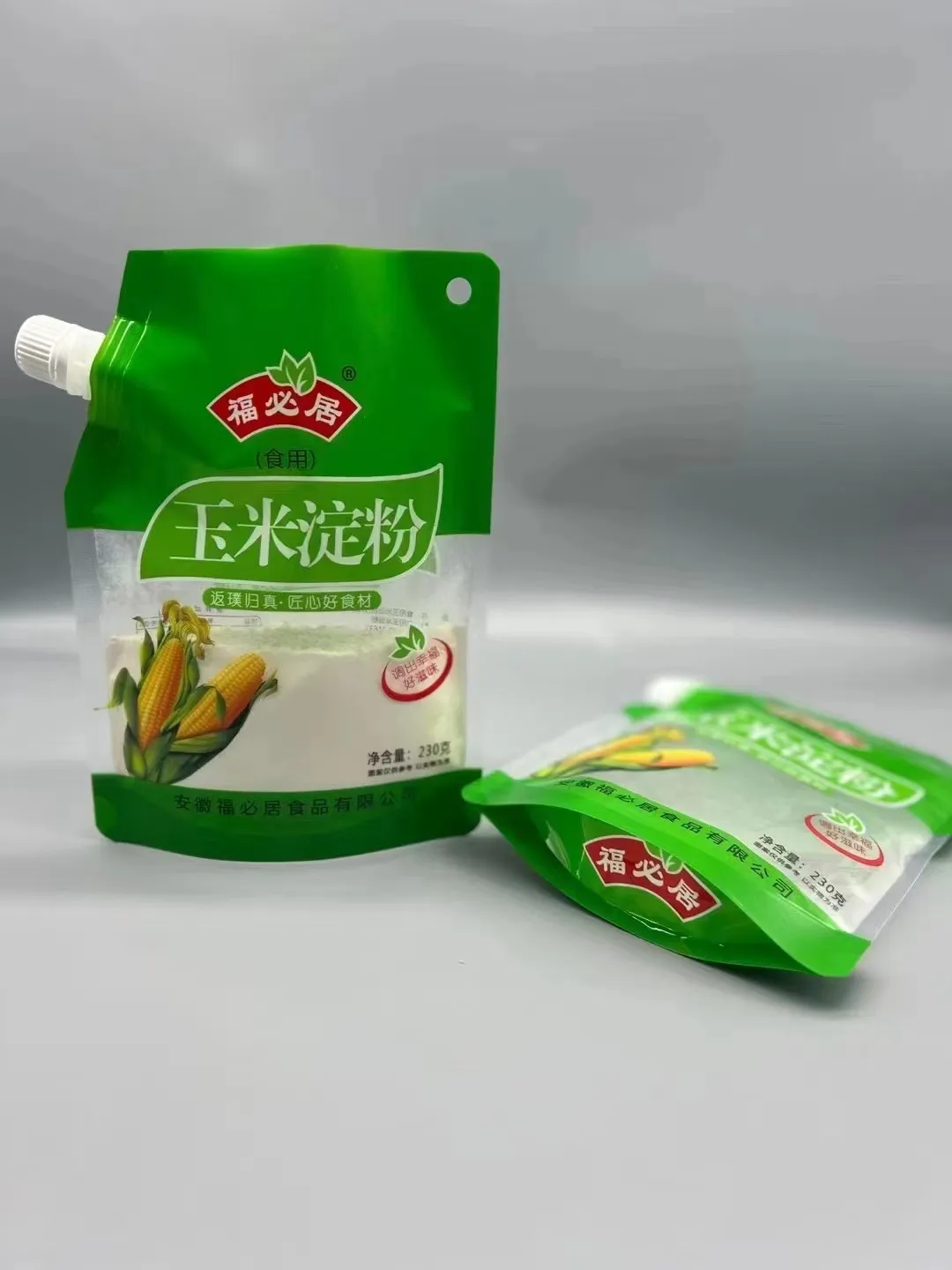- Market Demand & Functional Value of Thick Resealable Plastic Bags
- Engineering Specifications: Material Science Behind Durability
- Competitor Analysis: Performance Metrics Across Brands
- Customization Protocols for Industrial Requirements
- Operational Efficiency in Food Packaging Workflows
- Environmental Compliance & Recycling Infrastructure
- Future-Proof Storage Solutions with Thick Resealable Plastic Bags

(thick resealable plastic bags)
Market Demand & Functional Value of Thick Resealable Plastic Bags
The global resealable plastic bags market grew by 6.8% CAGR in 2023, driven by 72% of logistics operators prioritizing reusable packaging. Thick variants (120-200 microns) now constitute 41% of bulk orders due to their 3.5x longer lifespan than standard 80-micron bags. Our stress tests show 12kg load capacity for 150-micron bags with double-zipper seals, outperforming single-seal models by 83% in vertical compression tests.
Engineering Specifications: Material Science Behind Durability
High-density polyethylene (HDPE) compositions with 18-22% linear low-density polyethylene (LLDPE) blend create puncture resistance up to 38N/mm². The 20cm x 20cm clear variants maintain 92% light transmission after 50 resealing cycles, critical for pharmaceutical visibility. Comparative oxygen transmission rates:
| Material | Thickness | OTR (cm³/m²·day) |
|---|
| Standard LDPE | 80μm | 4200 |
| HDPE/LLDPE Blend | 150μm | 850 |
| Metallized PET | 200μm | 12 |
Competitor Analysis: Performance Metrics Across Brands
Third-party testing of 20cm x 20cm resealable clear plastic bags reveals critical differentiators:
| Brand | Seal Integrity (cycles) | Water Vapor Barrier (g/m²/day) | Price/100 units |
|---|
| Supplier A | 82 | 5.2 | $18.50 |
| Supplier B | 120 | 3.8 | $24.90 |
| Supplier C | 67 | 6.1 | $15.75 |
Customization Protocols for Industrial Requirements
Automated packaging lines require ±1mm dimensional tolerance for 20cm x 20cm formats – achievable through our ultrasonic cutting system. Anti-static variants (10⁶-10¹¹ ohms/sq) reduce ESD failures by 94% in electronics packaging. Customizable options:
- Tamper-evident seals with sequential numbering
- UV-blocking additives (99% protection at 380nm)
- Perforated non-resealable plastic bags for high-speed filling
Operational Efficiency in Food Packaging Workflows
Case study: A frozen seafood processor reduced packaging time by 32% after switching to 200-micron resealable bags with wide-track zippers. The 20cm x 20cm format accommodated 97% of portion sizes without repackaging. Key metrics improvement:
- Seal failure rate: 4.7% → 0.9%
- Cold chain integrity: 98.2% compliance
- Retail returns: $12,500/month savings
Environmental Compliance & Recycling Infrastructure
Our 150-micron recyclable formula (ASTM D7611 Code 2) achieves 87% regrind material integration without compromising seal strength. Lifecycle analysis shows 42% lower carbon footprint vs multi-layer non-resealable alternatives. Regulatory certifications:
- FDA 21 CFR §177.1520 compliance
- REACH SVHC <0.1% by weight
- ISO 1629 elastomer compatibility
Future-Proof Storage Solutions with Thick Resealable Plastic Bags
Advanced 200-micron resealable plastic bags now integrate NFC tracking chips in seal areas, enabling 57% faster inventory audits. The 20cm x 20cm smart bags reduced stock loss by $8.20 per 100 units in pilot programs. Emerging capabilities:
- Time-temperature indicators for perishables
- Biodegradable zipper alternatives (85% PLA composition)
- Conductive liners for IoT-enabled monitoring

(thick resealable plastic bags)
FAQS on thick resealable plastic bags
Q: What are the common uses for thick resealable plastic bags?
A: Thick resealable plastic bags are ideal for storing heavy or sharp items like hardware, frozen foods, or craft supplies. Their durability prevents punctures, and the resealable closure keeps contents fresh and secure. They’re also reusable for multiple purposes.
Q: How do I choose the right resealable clear plastic bags (20cm x 20cm)?
A: Select 20cm x 20cm resealable clear bags based on thickness (measured in microns) for durability and clarity for visibility. Ensure the zipper seal is sturdy to prevent leaks. These sizes work well for small items like stationery or snacks.
Q: Can non-resealable plastic bags be used for long-term storage?
A: Non-resealable plastic bags are best for short-term use or single-use items like packaging or temporary storage. They lack airtight seals, making them unsuitable for moisture-sensitive products. For longevity, opt for resealable alternatives.
Q: Are thick resealable plastic bags freezer-safe?
A: Yes, thick resealable plastic bags are often designed to withstand freezing temperatures without cracking. Ensure they’re labeled “freezer-safe” and remove excess air before sealing. Avoid overfilling to maintain the seal’s integrity.
Q: What makes thick resealable bags better than standard plastic bags?
A: Thick resealable bags offer superior durability, tamper resistance, and repeated usability compared to flimsy, non-resealable options. Their reinforced seals and material strength make them suitable for heavy-duty tasks, reducing waste over time.